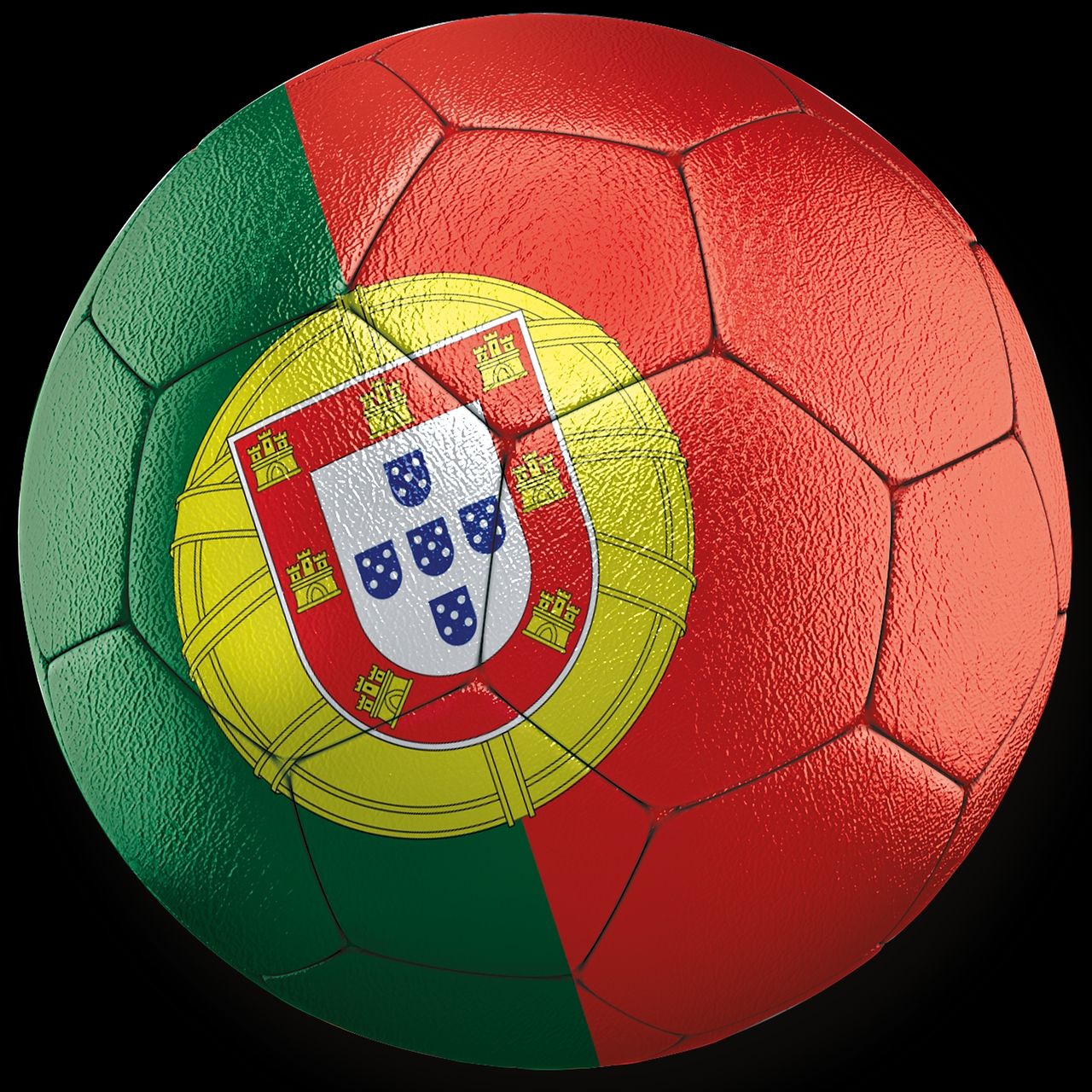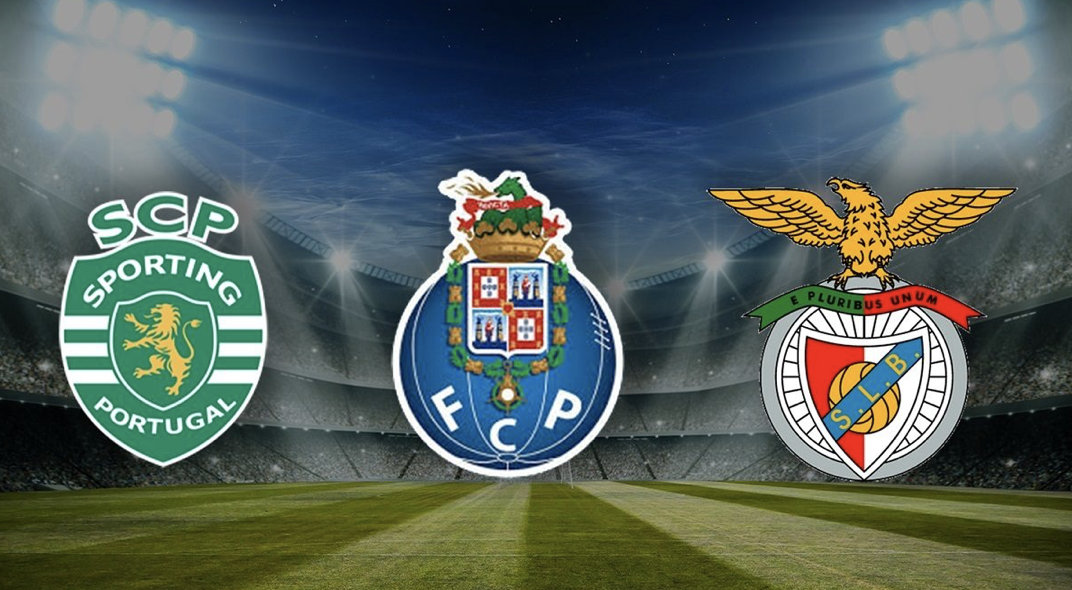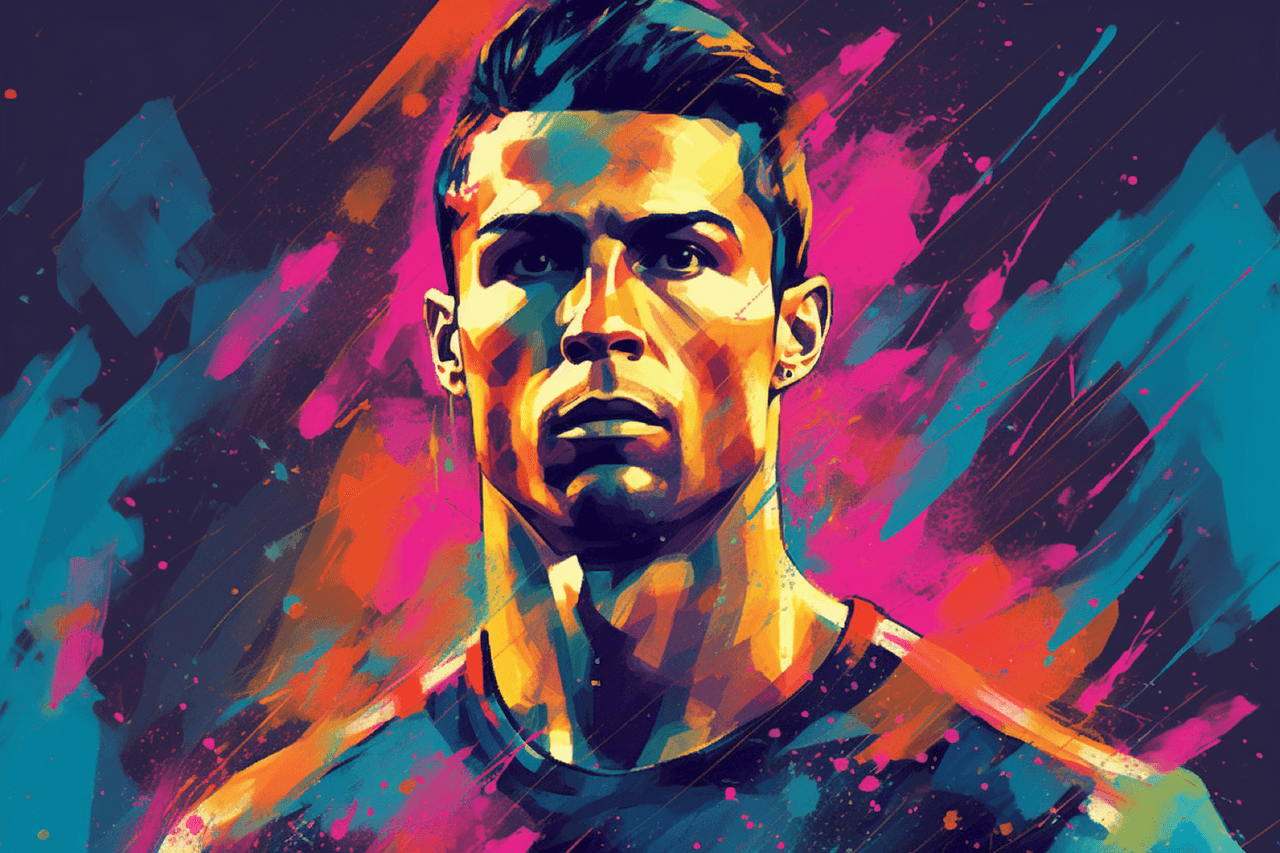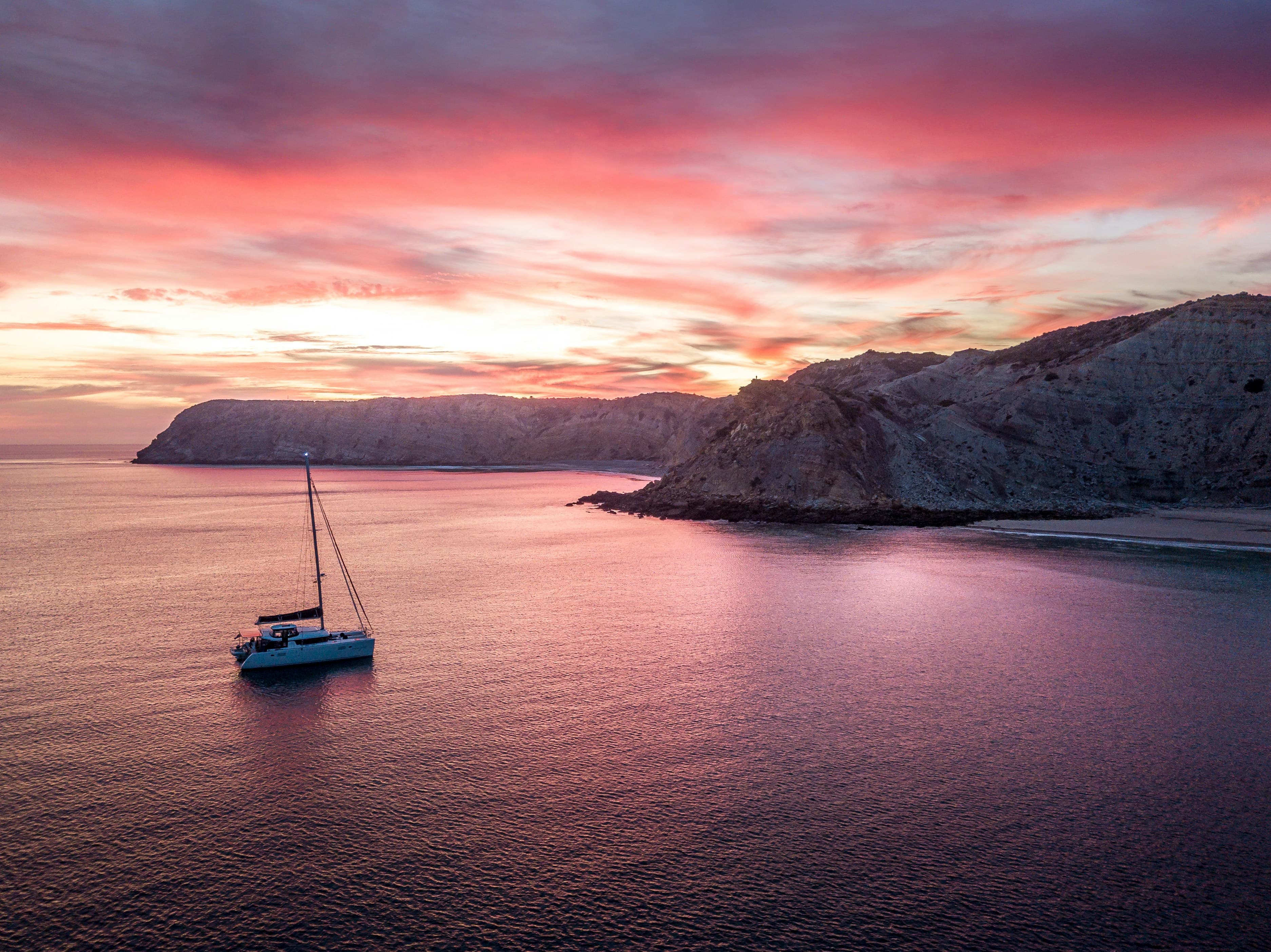
Portuguese football does not have three clubs – it has three empires. Benfica, Porto, and Sporting, “Os Três Grandes,” have dominated the scene for over a century. Between them, they have won 86 of the 90 national championships. But beyond trophies, they represent three visions of the country, three social and cultural identities that clash, fueling a rivalry far greater than what happens on the pitch.
The Origins of a Century-Old Passion
It all began in 1907, with the first-ever Benfica–Sporting clash. This derby was born out of betrayal: eight Benfica players, including some founders, left the club to join the young Sporting, enticed by the promise of a hot bath and a meal after matches. The first duel mirrored that stormy departure: played under torrential rain, interrupted, then resumed by the referee. Sporting won 2-1 thanks to an own goal from Cosme Damião, Benfica’s founder. Irony at its finest.
FC Porto, meanwhile, truly entered the fray in 1931 with its first official clash against Benfica. But it was in the 1980s that the northern club, buoyed by its European success, established itself as the third pillar of the triangle.
Three Clubs, Three Identities
The rivalry extends far beyond football: it reflects Portugal’s internal divides.
Sporting (founded in 1906) is the club of Lisbon’s aristocracy. Created with the money of the Viscount of Alvalade, it remains associated with the capital’s elites.
Benfica (founded in 1904) is “the people’s club.” Its Estádio da Luz was built in the 1950s with the physical help of supporters, a symbol of a club that belongs to everyone.
Porto, finally, is the banner of the industrial North. From the 1980s onward, its president Pinto da Costa fueled a “North vs South” rhetoric, turning every clash with Lisbon into an identity battle.
These three colors — red, green, and blue — are also three ways of being Portuguese.

Eusébio, the King Who Changed Everything
In 1960, Benfica pulled off a masterstroke by snatching Eusébio from Sporting. The young Mozambican prodigy, destined for the Lions, was “kidnapped” at the airport by Benfica officials and hidden for several months. Another betrayal that only added fuel to the eternal Lisbon derby.
With Eusébio, Benfica became a global powerhouse. Between 1961 and 1962, the club won two European Cups. The 1962 final remains legendary: facing Real Madrid’s Di Stéfano and Puskás, Benfica overturned a 3-2 halftime deficit to win 5-3, thanks to a dazzling brace from the “Black Panther.”
This golden era placed Portugal on the world football map. In 1966, the national team finished third at the World Cup in England, Eusébio was the tournament’s top scorer, and he became a national icon on par with Amália Rodrigues or Fernando Pessoa.
Porto, the North’s Revenge
Long overshadowed by Lisbon, Porto began its rise in the late 1970s under coach José Maria Pedroto. Under Pinto da Costa, president since 1982, the club became a winning machine.
The peak came in 1987: Porto defeated Bayern Munich in the European Cup final and went on to win the Intercontinental Cup.
The 1990s were marked by the “pentacampeonato” — five consecutive league titles (1995–1999), a unique feat in Portuguese history.
But the ultimate triumph came under José Mourinho. In just two years, he led Porto to the 2003 UEFA Cup and the 2004 Champions League. His wild sprint at Old Trafford, after eliminating Manchester United, remains iconic. The final against Monaco (3-0) crowned Deco and his teammates and sealed Porto’s place in legend.
Derbies and Classics: A Fiery Memory
The Lisbon Derby
The “Derby Eterno” between Benfica and Sporting divides the capital like no other. Songs, marches, closed streets — the city stops. The numbers tell the story: over 300 meetings, Benfica leading with 128 wins to Sporting’s 108.
But it’s the anecdotes that stand out: in 1986, Sporting humiliated Benfica 7-1, the heaviest defeat in its history. In 1972, Benfica staged a legendary comeback, winning 4-3 — still celebrated today.
O Clássico
Porto vs Benfica is the clash of titans. Since 2000, this duel has almost always decided the champion. In 2011, Porto crushed Benfica 5-0 in a volcanic atmosphere. Every goal felt like an act of defiance; every win, a battle victory.
Sporting vs Porto
Less publicized but fierce, the Lions-Dragons rivalry escalated in 2010 when Sporting captain João Moutinho left for the enemy. Another betrayal that still stings in Lisbon.
Beyond the Pitch: Culture and Society
Portuguese football is shaped by its three giants. Over 90% of Portuguese fans support Benfica, Porto, or Sporting — often from father to son. In many families, allegiance is a sacred inheritance.
Under Salazar’s dictatorship, football was one of the famous “three Fs”: Fátima, Fado, Futebol. Eusébio served as an international showcase, while club successes softened the regime’s image.
The supporters are vital to the story: Benfica’s “No Name Boys,” Sporting’s “Juventude Leonina,” and Porto’s “Super Dragões” compete in passion and spectacle. Sometimes violent, often creative, they embody Portugal’s burning football spirit.
The Modern Era: A New Balance
Benfica rediscovered its brilliance in the 2010s under Jorge Jesus, winning four straight titles (2014–2017). The arrival of Ángel Di María in 2022 symbolized renewed European ambitions.
Sporting rose again with Rúben Amorim, breaking a 19-year title drought in 2021. In 2025, the club achieved a league-and-cup double, led by the unstoppable Viktor Gyökeres (50 goals).
Porto, ever consistent, remains competitive with 30 league titles, even if major European adventures have been rarer since the Mourinho years.
The Numbers of Supremacy
Benfica: 38 league titles, 26 Portuguese Cups, 2 European Cups
Porto: 30 league titles, 19 Portuguese Cups, 2 Champions Leagues, 2 UEFA Cups
Sporting: 21 league titles, 18 Portuguese Cups, 1 Cup Winners’ Cup
A Passion That Endures
Today, the “Three Giants” face new challenges: the exodus of young talents, financial competition from richer leagues, and the globalization of football. But one thing remains unchanged — in Portugal, football means Benfica, Porto, and Sporting.
Three clubs, three stories, three colors that continue to burn bright.
In a world where football has become a global product, these rivalries remind us of a simple truth: this sport is, above all, a matter of heart, memory, and belonging.
Share this article
Suggested articles

Nazaré and Portugal’s must-visit surf spots, a journey into the wild Atlantic
Portugal has captured the hearts of surfers from across the globe. Along its Atlantic coastline, the sea transforms into a natural arena where humans test themselves against waves in all their spectacular glory. At the heart of this revolution lies Nazaré, a small fishing village that has become the global epicentre of big-wave surfing. But Portugal is far from just this colossal phenomenon : from north to south, the country offers an impressive variety of spots, from gentle waves perfect for beginners to legendary tubes reserved for the most experienced surfers.

Cristiano Ronaldo : the journey of a living legend
At 40, Cristiano Ronaldo continues to defy the laws of time. Over 900 goals, a biological age estimated at 29, six European Championships contested, five Champions League titles… the numbers are staggering.

Sailing in Portugal, A Sport Deeply Rooted in History
Portugal and the sea share a bond that flows through the nation’s history like a living current. From the great discoveries of the 15th century to today’s modern regattas, sailing in Portugal is far more than a mere pastime. It is a way of life, a long-standing tradition, and a defining element of national identity. Whether you are an experienced sailor craving the thrill of the open ocean, a family looking for a calm sunset cruise, or simply a curious traveller wanting to experience the maritime culture, Portugal’s waters promise unforgettable adventures. Picture yourself on the deck of a sleek sailboat, the wind filling the sails, the sun glinting off the water, and the coastline unfolding in front of you, this is the essence of sailing in Portugal.

Futsal: passion popular and world champions
Futsal isn’t just reduced-sized football: it’s its own universe, with a pace that grabs you, rules that keep you thinking, and that dash of madness that turns each match into a spectacle. Played five-a-side on smaller surfaces, it’s so fast that even the slightest movement, the tiniest pass, or quickest feint can spark standalone excitement. You might say that futsal is football without pause, without rest, where agility, tactical smarts, team connection matter as much as power or a long ball.


